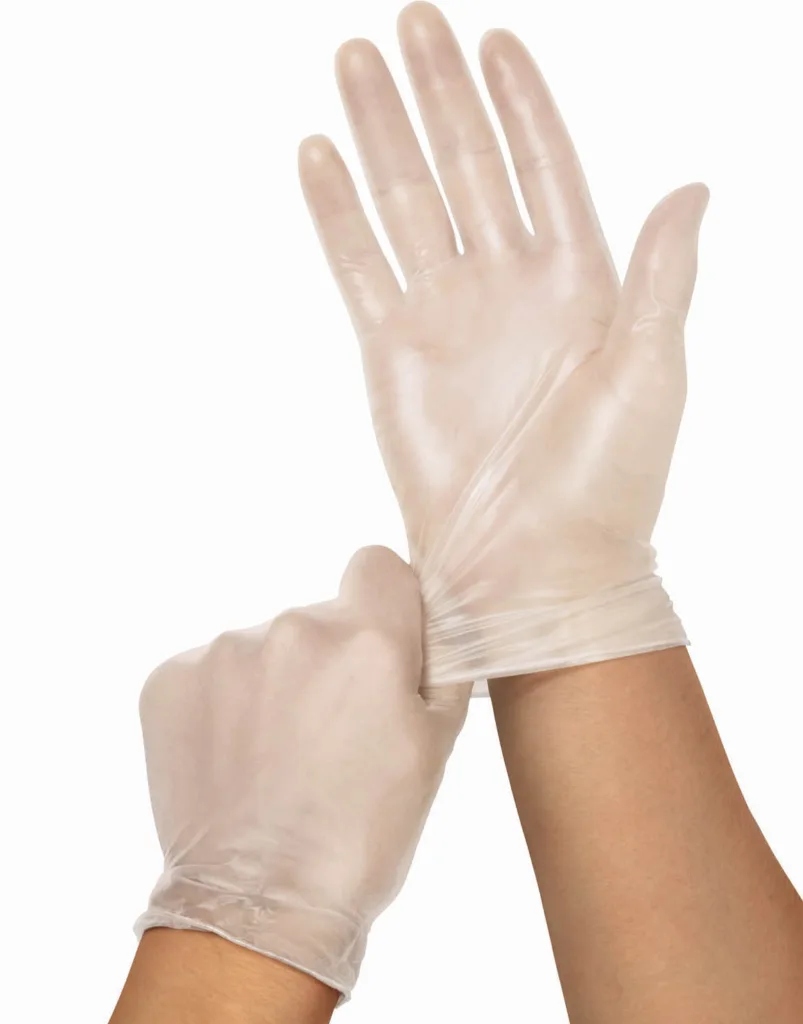Dental professionals must prioritize safety, especially during patient treatment. Wearing medical gloves is one of the most critical safety measures to take, and nitrile dental gloves have become increasingly popular due to their superior protection, comfort, and durability. However, there are important facts about these gloves that glove suppliers may not disclose. In this article, we will explore these facts and why they matter.
Firstly
nitrile gloves are more puncture-resistant than traditional latex gloves. Although latex gloves have been the go-to for dental professionals, nitrile gloves have emerged as a safer and more reliable alternative. Nitrile gloves are made from synthetic rubber that is stronger and more puncture-resistant than latex, reducing the risk of contamination during dental procedures.
Secondly, nitrile gloves are less likely to cause allergic reactions. Latex gloves can cause allergic reactions in some people, which is a significant concern for dental professionals who wear gloves for extended periods. Nitrile gloves are hypoallergenic, meaning they are less likely to cause allergic reactions than latex gloves. This is crucial, especially for patients with latex allergies.
Thirdly, nitrile gloves are more expensive than latex gloves. The manufacturing process of nitrile gloves is more complex and expensive than latex gloves. However, the added cost is worth it when considering the increased protection and reduced risk of allergic reactions.
Fourthly, nitrile gloves can be recycled. Although nitrile gloves are not biodegradable like latex gloves, some glove suppliers offer recycling programs for used nitrile gloves. This is an important consideration for dental professionals who are environmentally conscious and looking to reduce their carbon footprint.
Lastly
nitrile gloves come in different colors and thicknesses. Nitrile gloves are available in various colors, such as blue, black, and purple, which can help dental professionals match their gloves to their scrubs or differentiate sizes. Additionally, nitrile gloves come in different thicknesses, ranging from 2 mil to 8 mil. Thicker gloves offer more protection, but they can be less flexible and comfortable.
In conclusion, nitrile gloves offer superior protection, comfort, and durability compared to traditional latex gloves. Despite the higher price tag, the added benefits are worth the investment. As a dental professional, it is crucial to select the right gloves for you and your patients. Understanding the facts about nitrile gloves can help you make an informed decision that will keep you and your patients safe.


